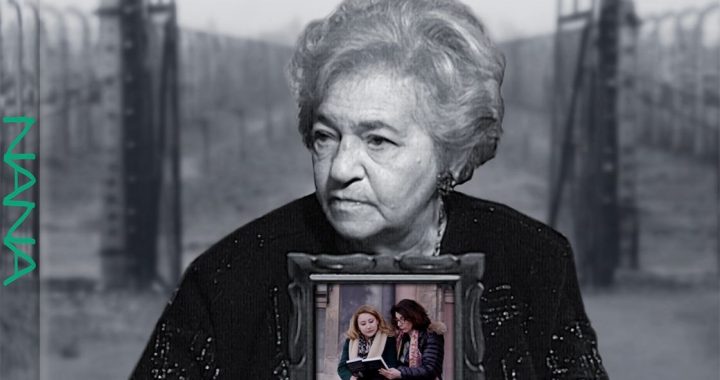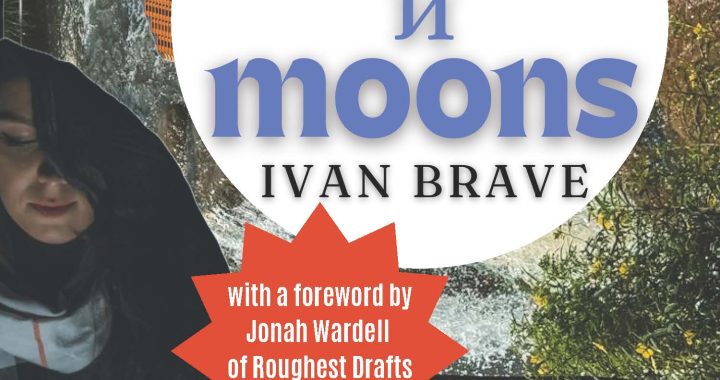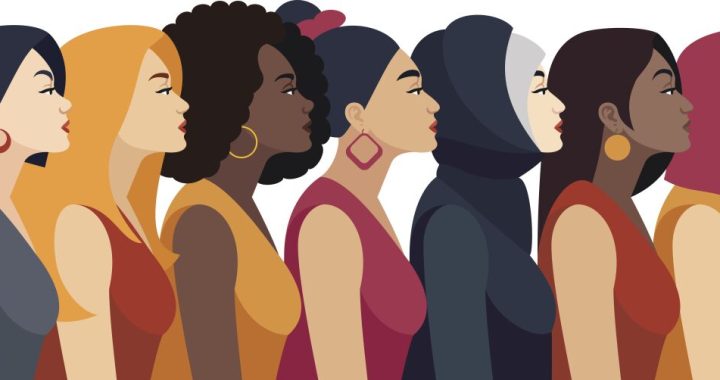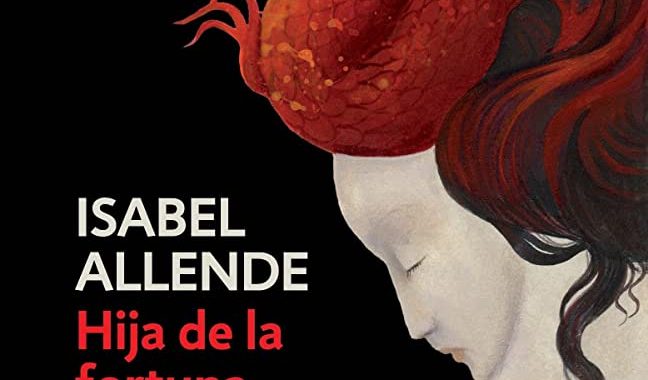Merci.
If only I could ignore, forget, continue. We cannot “continue” as the conclusion of this film put it. “We start over.” What is this, then, but the at times light yet at times somber recounting of an open wound. Is it even appropriate to call this film masterful? Is it even right to shake the filmmaker’s hand after watching this, to say, “Good job.” No. This film wasn’t made as a job, but as the fulfillment of justice. “Wow, amazing edits, must’ve taken you more than a couple months, oh yeah, years, to complete this.” Understatement. “Your family must be proud.” No. We are all proud. We are all guilty. We are all prey. Merci.
Why this documentary is important. Where to even begin? Serena Dykman’s film explores, through parallel interviews and memoir-recitations, multiple dimensions of storytelling, multilingual dialogue, cross generational catastrophes, one heroine’s war story, and a world of tolerance and intolerance. Like all good Americans, I was taught (keyword) through history books about the atrocities of World War II, in tandem with the heroism of American soldiers, battle strategies, scientific innovations, taught through video games, too, in short, a dead resuscitated history. But what NANA offers is something different. Her story is a breathing dying history. To understand this simple contradiction, life and death, it is enough to know how WWII is discussed, at least in passing, as something in the past, something we bring up to explain or quarrel about. But for Nana — the subject of the doc: a woman, a human, a survivor, a raconteur, a symbol — and for viewers of this film — us unconscious onlookers — WWII isn’t something from the past waiting to be brought up; it is something present, living inside each of us, which we “develop,” as Ms Dykman does, which is under constant threat of vanishing, of dying, of disappearing. What would the world be like if we forgot Nana’s story? A world much like the one Nana suffered. We must never forget, I walk away thinking. We might never forgive, I’m feeling, because it is not our place to forgive. Only to empathize. Only to remain tolerant. Only to share and pass on. Why is this documentary important, you ask? It reminds us of how truly cruel humanity (not was, but) can be. Let us not repeat, then, nor resuscitate the past. Let us honor, keep alive, and burn the candle like the tip of an indefatigable cigarette, in service to this singular woman who touched the lives of thousands like herself. Merci.
What I paid for this film. If you asked me, I wouldn’t be able to tell you. Ms Dykman is a friend, and as a friend I secured a copy of her first full-length feature. “Sure,” I’ll watch it. All my other friends had attended official screenings (were there over 80 around the world, by now?), and now it was my turn. What did I pay for this film? I can’t tell you in dollars, only in pauses, aches, wet eyes and sorrow. If Aristotle proposed we watch tragedy to purge ourselves of darkness, turn around. This documentary will not provide catharsis. Only sorrow. There are no satisfying answers to the questions the Holocaust raise. I had to pause the film half way, around the time Nana recounts her position as a translator for the Angel of Death in White Gloves, the Shitzstaff Doc, Mengele. “The worst criminal of the 20th century,” states Nana, in her opinion. How I suffered watching this film, however, is only a grain of sand compared to the shore of unfathomable despair Nana survived, compared to the ocean of tolerance and empathy she rouses. Merci, Nana. Merci.
What is there to do. Now Nana (can I call her Nana? I feel close enough, after watching this film…) shared. Now I share. We must share. Humor, wit, solemnity and sorrow. We must tell the story. We must share. Share. Merci. Get this film. Merci.




